ARTÍCULO INDETERMINADO / INDEFINITE ARTICLES
Indefinite articles come before nouns in order to present them. The nouns they accompany refer to things previously unknown by both the speaker and listener.
| SINGULAR | PLURAL | |
| MASCULINO | un | unos |
| FEMENINO | una | unas |
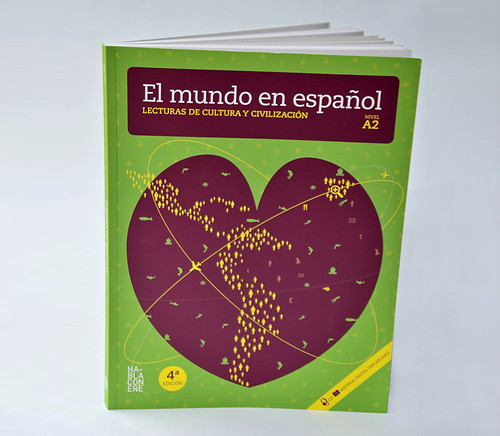 |
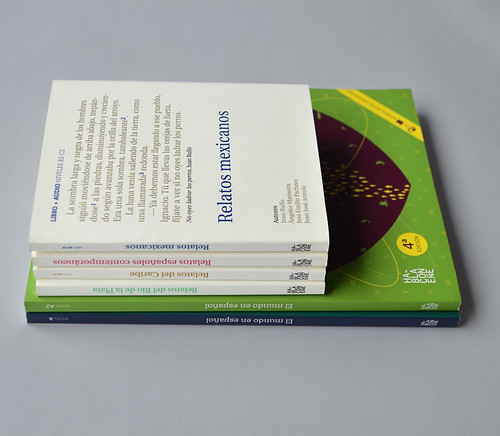 |
| un libro | unos libros |
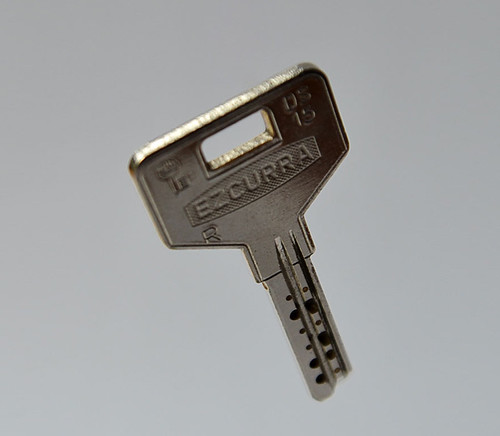 |
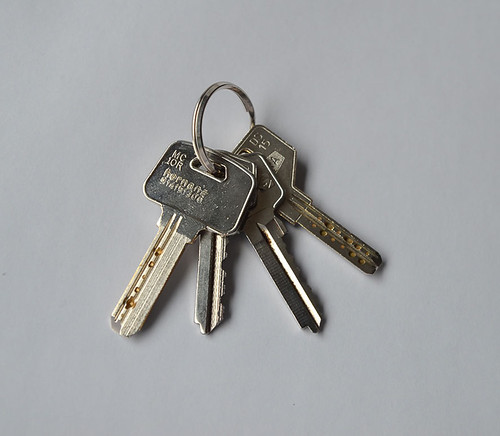 |
| una llave | unas llaves |
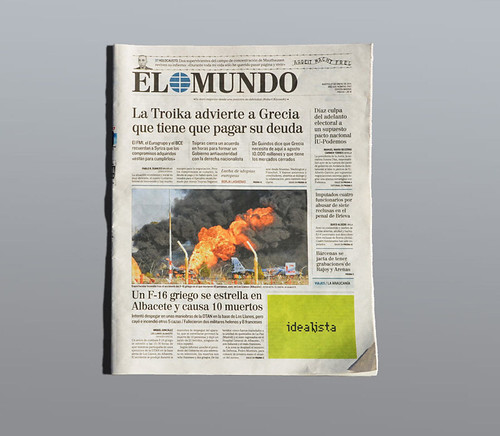 |
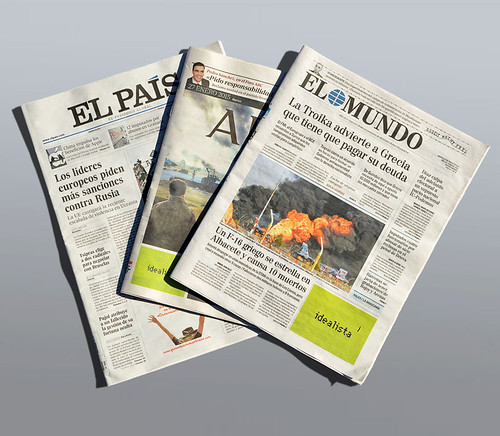 |
| un periódico | unos periódicos |
VERBOS REGULARES DE LA 1ª, LA 2ª Y LA 3ª CONJUGACIÓN / REGULAR VERBS: THE 1st, 2nd AND 3rd PERSON SINGULAR
| trabajar (to work) | comer (to eat) | vivir (to live) | |
| YO | trabajo | como | vivo |
| TÚ | trabajas | comes | vives |
| ÉL, ELLA, USTED | trabaja | come | vive |
EL VERBO ESTAR / THE VERB ESTAR (TO BE)
| YO | estoy |
| TÚ | estás |
| ÉL, ELLA, USTED | está |
ADVERBIOS DE LUGAR / ADVERBS OF PLACE
The adverbs aquí, ahí and allí indicate the place where something or someone is relative to the distance (near or far) between the speaker and the listener.
| CLOSE TO THE SPEAKER | CLOSE TO THE LISTENER | FAR FROM BOTH |
| aquí | ahí | allí |
 |
Now check to see that you’ve learned the expressions in this section well by completing the exercises. |
Exercises / ActividadesEstado
